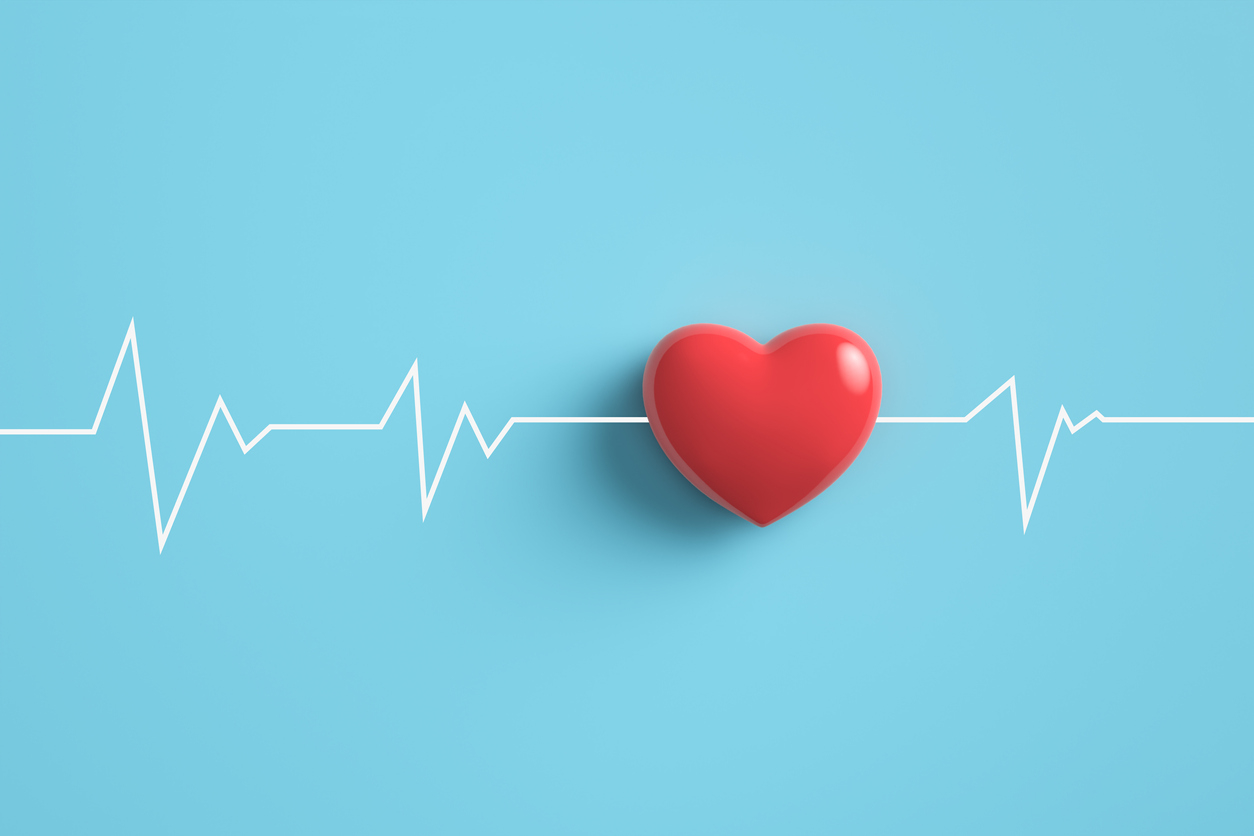Commitment + Clinical Leadership = Better Outcomes

Signs and Symptoms of a Heart Arrhythmia
A heart arrhythmia is an irregular heartbeat. These occur when the electrical signals that typically regulate your heartbeat do not function properly.
When the heart doesn’t beat as it should, it cannot effectively pump blood. This can lead to the brain, lungs, and other organs not functioning properly, ultimately causing damage to the organs.1
There are numerous symptoms of an irregular heartbeat that you or your loved ones may experience. Here are a few signs of heart arrhythmia, its causes, and facts that distinguish this condition.
What is Considered a Heart Arrhythmia?
A fast, fluttering heart, also known as tachycardia, can be a heart arrhythmia. In some cases, a fast heartbeat is no cause for concern. Some individuals’ heart rates naturally increase when exercising or can sometimes increase when sleeping. However, a fast heart rate, with greater than 100 beats a minute, could be a sign of a heart arrhythmia.2
There are multiple types of tachycardias3:
- Atrial fibrillation – ineffective contractions of the atria caused by irregular signals
- Atrial flutter – rapid beating of the atria
- Ventricular tachycardia – inefficient contractions of the ventricles
- Ventricular fibrillation – rapid contractions of the ventricles
A slow heart, also known as bradycardia, can be a heart arrhythmia. This could mean your heart isn’t pumping enough blood. There are two types of bradycardia4:
- Sinus node dysfunction – this is a problem with the heart’s natural pacemaker, the sinus node
- Heart block – delay or block of the electrical impulse that travels from the sinus node to the lower chambers
What Causes Arrhythmias?
Numerous factors can cause a heart arrhythmia.
- A delay of the electrical signals that control the heartbeat
- Another part of the heart takes over as the pacemaker
- Changes in blood flow
- Damage to the heart’s electrical system
- Excessive strain or stress
What puts you at risk?
There are some factors that can put certain people more at risk than others for arrhythmias.5
- Older age
- Genes
- Alcohol or tobacco usage
- An imbalance of hormones or electrolytes
- Certain heart medications
- Coronary artery disease
- High or low blood pressure
- Diabetes
- Valve disorders
- Injury from a heart attack
- Healing after heart surgery
Signs of Arrhythmias
Here are a few symptoms of an irregular heartbeat6:
- Pounding in your chest
- Dizziness
- Shortness of breath
- Chest discomfort or pain
- Fatigue
- Feeling of a skipped heartbeat
- Blurry vision
- Sweating
If you experience any of these symptoms, talk with a medical professional to be properly diagnosed.
Treatment for Arrhythmias
Luckily, most heart arrhythmias are considered harmless and do not require treatment. However, if the arrhythmias are significant and can put you at risk for other health concerns, doctors may consider some treatment options.
Some treatment options for heart arrhythmias include:
- Medication
- Lifestyle changes
The goal of treating arrhythmias is to control the heart rate, prevent blood clots, and reduce any risk factors for heart disease and stroke.
Learn More About Your Heart
Take time to learn more about your heart health. Seeking treatment for heart arrhythmias is important to prevent further health complications. If you have any questions or concerns, reach out to a health professional who can help you learn more about your heart.
Saber Healthcare is an organization that provides services to more than 130 buildings across the states of Ohio, Pennsylvania, Virginia, North Carolina, Indiana, and Delaware. To learn more about our company and services, click here.
Saber Healthcare is an organization dedicated to providing consultant services to long-term care providers. This article is for informational purposes and is not meant to be seen as professional advice. Please consult with a medical expert before relying on the information provided.
Sources
- https://www.heart.org/en/health-topics/arrhythmia/about-arrhythmia.
- https://www.mayoclinic.org/diseases-conditions/heart-arrhythmia/symptoms-causes/syc-20350668.
- https://www.hopkinsmedicine.org/health/conditions-and-diseases/arrhythmias.
- https://www.webmd.com/heart-disease/atrial-fibrillation/heart-disease-abnormal-heart-rhythm.
- https://my.clevelandclinic.org/health/diseases/16749-arrhythmia.
- https://www.medicalnewstoday.com/articles/8887.
